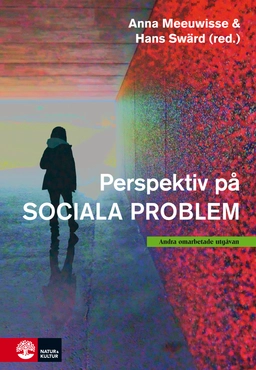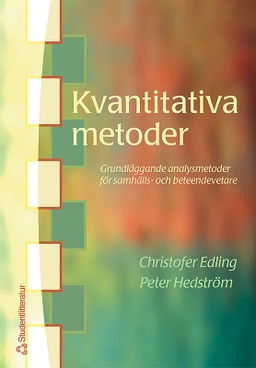In the new edition of this widely read text, Alan Aldridge examines the complex realities of religious belief, practice and institutions, ranging from the high growth rates of successful minority religious movements such as Mormons and Jehovah's Witnesses, to the phenomenal rise of Pentecostalism, the challenge of 'fundamentalism' and the apparent turn from religion to spirituality.
Religion is a powerful and controversial force in the contemporary world, even in supposedly secular societies. Almost all societies seek to cultivate religions and faith communities as sources of social stability and engines of social progress. They also try to regulate real and imagined abuses and excess: cults that brainwash vulnerable people, fundamentalism that threatens democracy and the progress of science, and terrorists who carry out atrocities in the name of religion.
The second edition has been carefully revised to make sure it is fully up-to-date with recent developments and debates. Major themes in the revised edition include religious diversity and its implications for social cohesion, and the paradoxical fate of religion in societies that appear to be obsessed with individualism and consumerism.
This book will appeal strongly to a range of readers, especially students taking courses in the sociology of religion and anyone who is interested in the place of religion in the contemporary world.
Åtkomstkoder och digitalt tilläggsmaterial garanteras inte med begagnade böcker





















